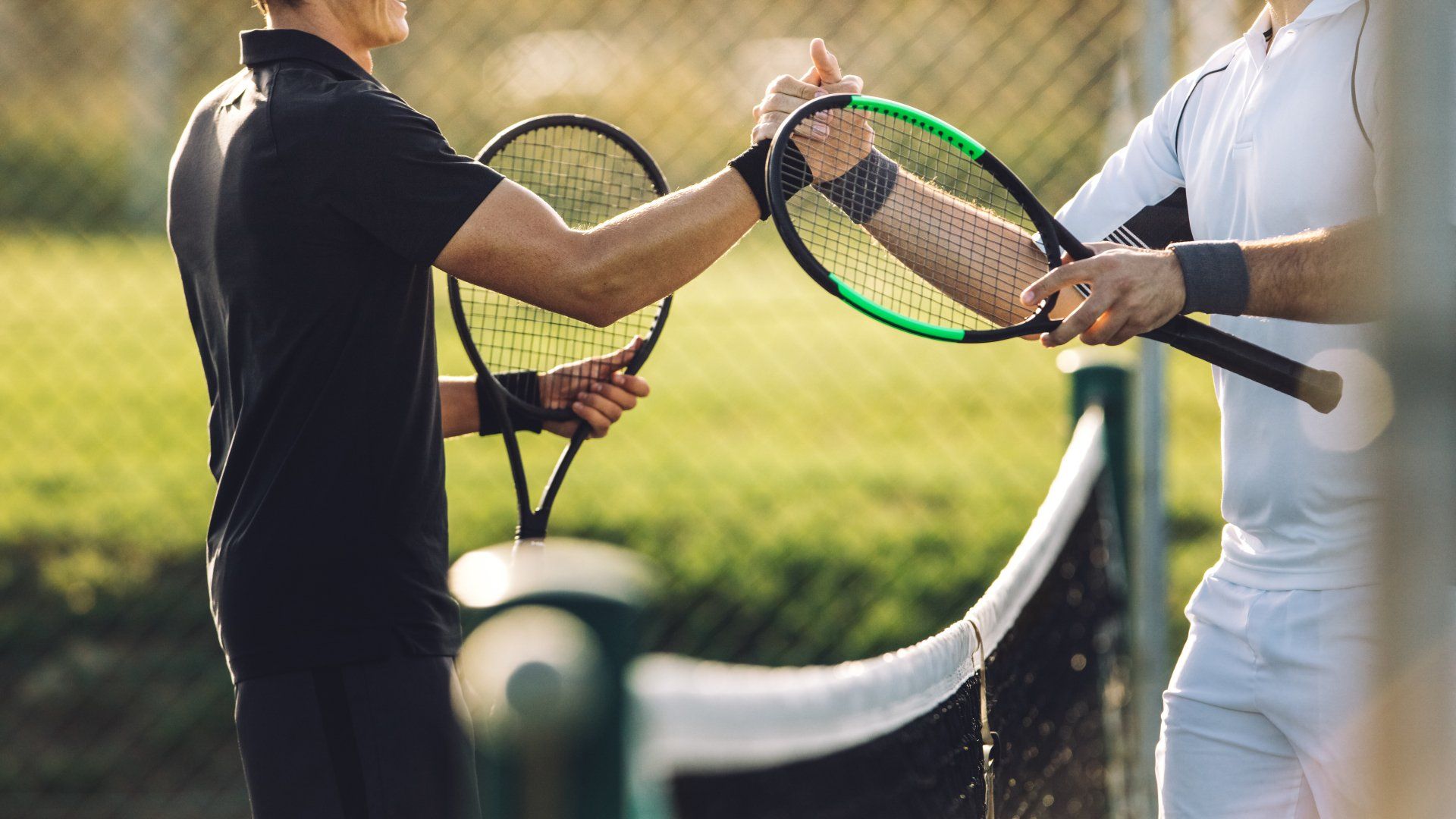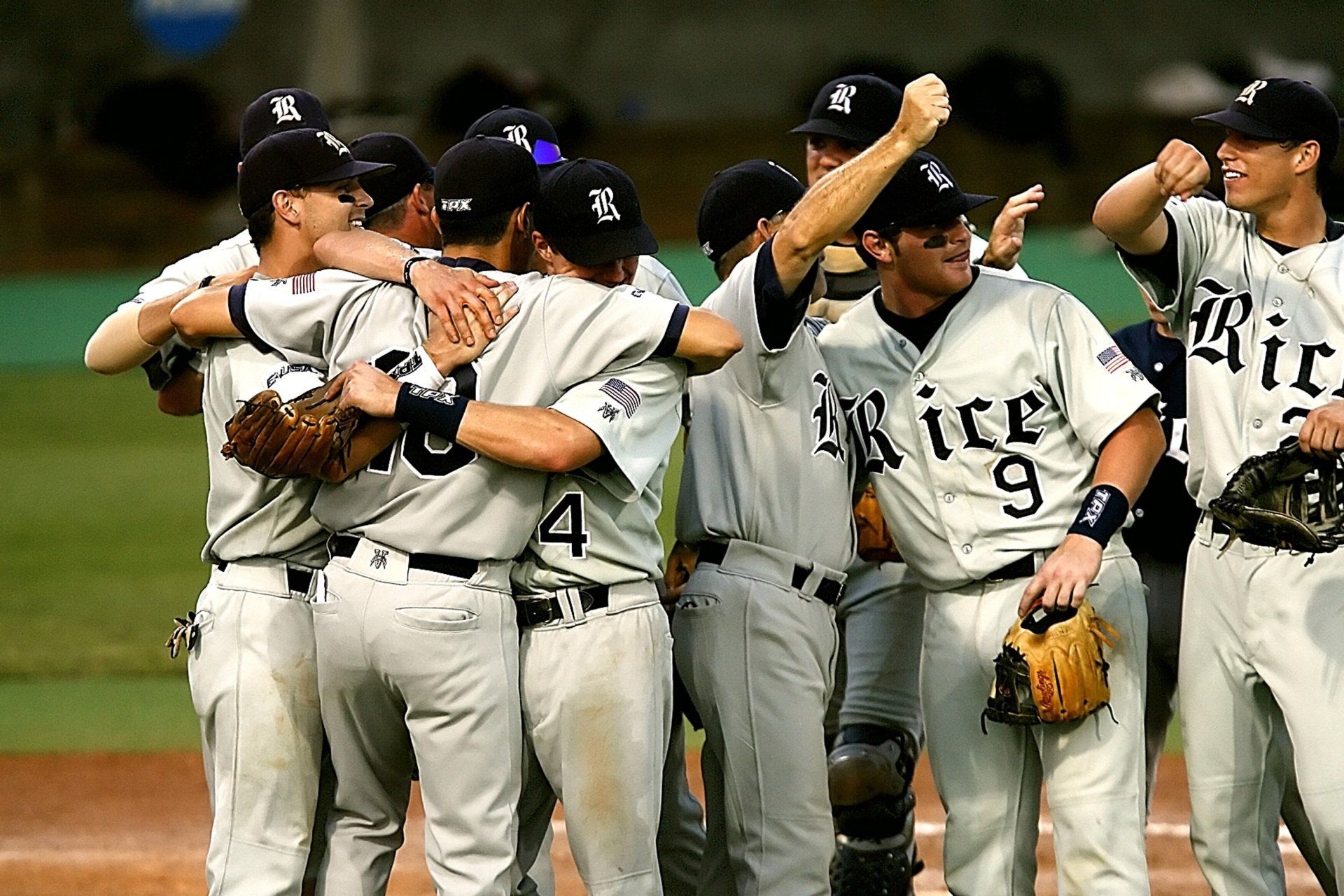Athletes can make better choices for their performance and for their overall mental health.
If you're an athlete, you may be struggling with anxiety, comparison syndrome, and attaching self worth to your results. These are common issues for athletes.
This article addresses these issues head-on, and aims to help athletes (and non-athletes) reduce stress, and improve performance.
Here are four empowering choices that can not only boost sport performance, but improve overall mental health as well.
Watch the Video: Mental Choices to Improve Your Sport
1. Choose Action Over Anxiety
It's common for athletes to worry about an upcoming competition. But there's a difference between normal worrying and anxiety.
Worrying is a notch above concern, but anxiety is more severe. It’s where the worry becomes amplified, leading to repetitive thoughts, physical tension, and insomnia.
I'd like to propose that worry and anxiety are on a continuum, rooted in the same problem, and that problem is lack of action.
In other words, worry and anxiety are action signals. If they’re not acted on, the energy remains trapped inside, swirling around much like stagnant water without an outlet. You end up overanalyzing things to the point that you become paralyzed by indecision.
Sound familiar? Welcome to the human brain. It’s wired to worry. But you can short-circuit your worries and anxiety with action.
It's important to mention that simply taking action is not a cure-all. Sometimes therapy is needed to disentangle the thoughts and feelings associated with anxiety. And any symptoms of panic are best addressed in therapy. For the sake of this article though, I'm focusing on the less severe forms of anxiety that athletes commonly experience.
You can learn more about how therapy can help with anxiety on my
anxiety therapy services page.
So, if you're an athlete experiencing worry or anxiety, don't ignore it, take some action. You don't have to necessarily solve your concern, but take some sort of action in the general direction of a solution.
Let's take the example of Shaquille O'Neal. He was infamous for being a terrible free throw shooter. He would often hit the rim, and sometimes even threw air balls.
As time went on, Shaq got more and more anxious about shooting free throws. Things got so bad that he finally had to take action.
He got a special free throw coach, and with practice, improved his shooting significantly. In short, he turned his anxiety into action.
You too can turn anxiety into action. It starts with one small step. Stack small action on top of small action and watch your anxiety diminish.
Learn more about my counseling services for athletes here:
counseling for athletes
2. Choose Inspiration Over Comparison
Athletes (and all humans) compare themselves to others. It's normal, and there's nothing inherently wrong with it.
The problem starts when you idealize the other person and demote yourself. This leads to jealousy and self-criticism. You end up comparing an idealized version of the other person to all of your perceived deficiencies.
This phenomenon is amplified in athletes, because they compete against each other. It's natural to look for a quality in a competitor that you can emulate.
But in the pursuit of improvement, you might think your competitors "have it all figured out." Clearly, they must, because they're getting better results, right?
Wrong. Your competitors have their own problems. If you want to be like them, then you have to take on all their problem too!
So instead of comparing yourself in this negative way, seek inspiration from your competitors. Take a page from their book, but don't copy their entire book. Remember that you are writing your own book.
3. Choose Purpose Over Pleasure
If you're reading this article, you probably have a roof over your head, and an Internet connection.
The kind of lifestyle that we have in the United States is incredibly comfortable. Certainly there is poverty, but most people are able to get food everyday.
It didn't used to be this way. The Great Depression wasn't that long ago. Food was scarce. People worked their fingers to the bone. Pleasure consisted of getting a good night’s sleep.
Nowadays pleasure is everywhere. Junk food, Netflix, instant gratification from your phone, the list goes on.
We have redefined pleasure to the point now where going without our instant gratification equates to pain and suffering. Try going a day without looking at your phone or your TV screen. I bet you can't do it.
By the way, if you're interested in reducing your screen time, read about how to do it here in my post,
Reclaim Your Time with a Digital Detox.
So for all you athletes out there, I encourage you to adjust your definition of pleasure.
Athletes often fall into the trap of "treating themselves" to unhealthy habits. They rationalize it by saying they deserve a break because they worked out.
If you're an athlete you might find yourself "relaxing" by drinking too much alcohol, binge watching Netflix, and wasting time on social media.
All this time could be used for doing purposeful activities, like spending time with your family, or strategizing for your next competition.
Don't get me wrong, I'm not saying athletes shouldn't relax. That's fine, but schedule the relaxation, don't just compulsively indulge in pleasure.
Start looking at purposeful activities as pleasurable, instead of as work or something that you have to do. Adjust your mindset from "I have to do it" to "I get to do it."
For more about this mindset, check out my blog post
Choose Purpose Over Pleasure
4. Choose Mission Over Self
Whatever sport you play, you do it for a reason. Most likely it makes you feel liberated, free, and empowered.
Unfortunately, athletes get caught up in self-criticism, and pressure to get results. They lose perspective on why they started their sport in the first place.
If you're not careful, your entire self-worth can become attached to your athletic achievements. This can lead to burnout.
To prevent burnout, make your sport less about you. Many professional athletes set up charities, or start coaching younger athletes. The focus of their sport moves from a self-centered endeavor to a mission.
In this shift toward a mission, athletes discover a higher purpose for their sport, and consequently feel less stress about their own results. They're playing the long game instead of the short, "just me" game.
The long game is about athletes inspiring others, and giving back to a sport that has given them so much. When trying to sell this approach to athletes, they might protest, saying "Give back to my sport? I hardly have time for myself!"
It's a tough sell, but the shift from putting all the pressure on yourself to contributing to a greater cause is a game changer.
Interested in changing your game? The first step in this shift is to write a mission statement. Write down all the reasons why you love your sport. Then ask yourself what your sport does for others. Does it inspire people to get in shape? Does it teach people the joy of self discipline? Write it all down.
After you write your first draft, condense it into a succinct paragraph, something that you can memorize. Print it out and read your mission statement daily to remind yourself why you are dedicated to your sport. This will energize you and give you bigger reasons to achieve your goals.
If you win a game or a competition, your joy will magnify because you'll know you are positively impacting others.
If you lose a game or competition, you'll know that others admire your perseverance, your determination, your sportsmanship, and your athletic spirit.
Win or lose, you'll be true to your mission. Your courage to compete will inspire others. These people will in turn share their inspiration, and the ripple effect that you started will echo forth.
For more on writing a mission statement, check out my post
Your Mission Statement: A Deeper Motivation for Business Owners. It applies to athletes as well as business owners.
In Conclusion
My hope is that this article helps you, whether you're an athlete or not.
Choosing action over anxiety, inspiration over comparison, purpose over pleasure, and mission over self, can become your new defaults.
For athletes, these four choices, when consistently employed, can lead to better results, lower stress, and better mental health.
For non-athletes, these choices are can be applied to all areas of your life. Not a lot of people opt for these choices, though. The paradigm of instant gratification is unfortunately very pervasive in our society.
Dare to be different. Try these four powerful choices for two weeks as an experiment. It will be hard at first, but stick with it. The rewards are worth it.








